-
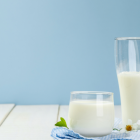 Switching to Organic Milk is the Healthy Choice, Make it a Smart One: 10 Best Organic Milk Brands on the Indian Market Today (2020)
Switching to Organic Milk is the Healthy Choice, Make it a Smart One: 10 Best Organic Milk Brands on the Indian Market Today (2020)
-
 भारत में वनस्पतिक दूध का रुझान काफी बढ़ गया है: 15 ओर्गानिक दूध के ब्रांड जो बाजार में सबसे भरोसेमंद उत्पादों में से एक है (2020)
भारत में वनस्पतिक दूध का रुझान काफी बढ़ गया है: 15 ओर्गानिक दूध के ब्रांड जो बाजार में सबसे भरोसेमंद उत्पादों में से एक है (2020)
-
 Take Proper Care of Your Skin During Winter and Figure Out the Causes of Dry Skin. Here are Some Awesome Winter Skin Care Home Remedies to Fend off Dry Skin During Winter.
Take Proper Care of Your Skin During Winter and Figure Out the Causes of Dry Skin. Here are Some Awesome Winter Skin Care Home Remedies to Fend off Dry Skin During Winter.
What are the Probiotic-Rich Foods and How Significant are They:
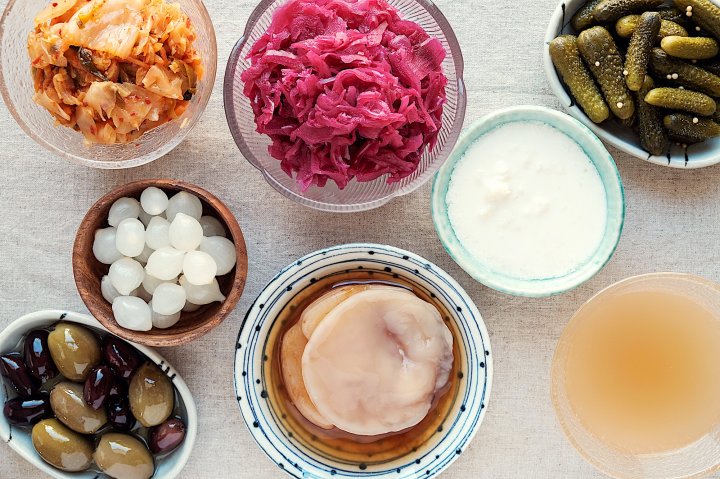
Fighting the bacteria is always what people are heard of. In the busy act of keeping bacteria, it is quite natural for many forgetting to take care of the beneficial bacteria. You don’t have to worry about getting in contact with them. They live within our bodies, and all you need to do is to take care of them. Several parts of your body play a host to these probiotics or beneficial bacteria. Lungs, skin, mouth, gut, vagina, and the urinary tract are a vital few.
9 Best Probiotic Rich Foods to Add in Your Diet!
Here is the list of 9 best probiotic foods that can help you.
Yogurt:
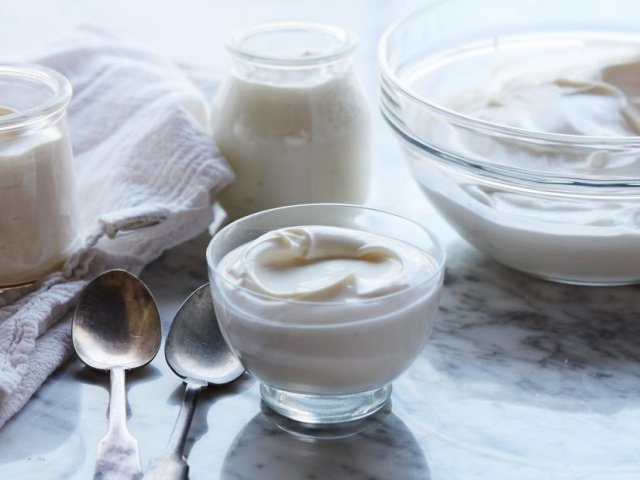
This is the food that tops the list. It is made from milk, and the fermenting process is aided by lactic acid bacteria and bifidobacteria. Yogurt also helps in strong bones and helps people with high blood pressure. This is a food that is great for people who suffer from lactose intolerance. But, when you buy processed yogurt, the live bacterium is killed. So, yogurt with live bacteria can only help in this process. Studies have proved that yogurt consumption helps in fighting and preventing colorectal cancer.
Buttermilk:
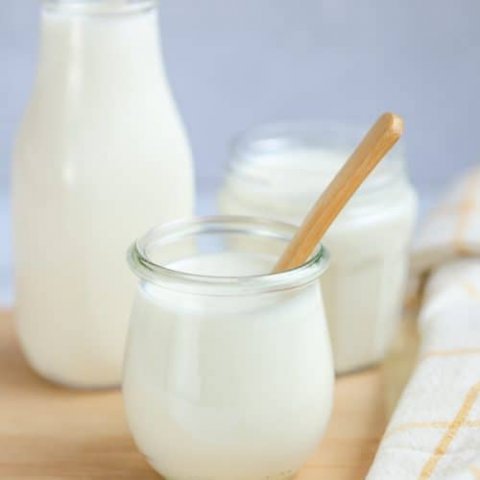
Often termed as the grandma’s buttermilk, this food is consumed much in India and Nepal. When fat is eliminated from the curd or yogurt, the buttermilk is the end product. These days, cultured buttermilk is often found across the globe, but sadly has no probiotic property. Traditional buttermilk has vitamins, minerals, and less fat. You can also get benefited from the B12, riboflavin, phosphorous, and calcium.
Soy Milk:
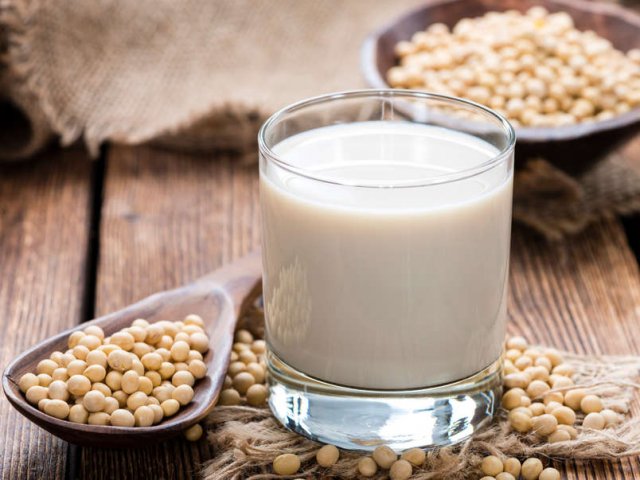
This is another probiotic food, which is also rich in other nutrients. This is lactose-free, and a great choice for vegans, and people who want to shed the weight. This is a source of Omega 3 and Omega 6 fatty acids. There are many phyto antioxidants which help in strengthening the blood vessels with the frequent intake of soy milk. Soy milk is also the best choice if you want to bring down cholesterol levels.
Cottage Cheese or Paneer:
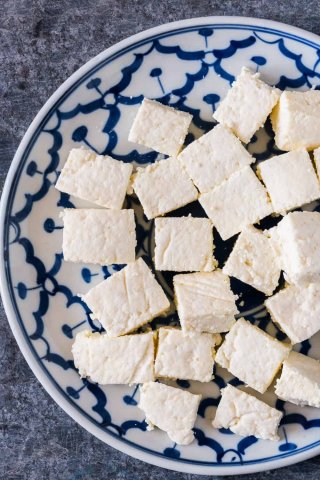
One of the best and well-known examples of Indian probiotics food is cottage cheese or paneer. It is also rich in protein and fat. Per 100 grams, cottage cheese has 11 grams of protein. This happens to be a great choice of probiotics for children because of its high amount of calcium, which helps in the formation of bones and teeth. It also helps in maintaining cardiovascular health. Of course, it also the probiotic properties that help in keeping the body fit.
Dhokla:
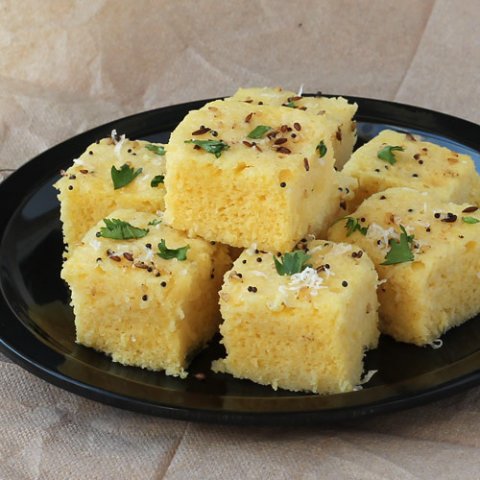
This is a popular West Indian food that is becoming increasingly popular across the world. Gram flour is fermented to make this dish, and it has a substantial amount of niacin, biotin, thiamine, riboflavin, folic acid, and Vitamin K. It gets digested easily, and hence a popular evening snack. There is a spicy version, and it can also appease the taste buds. A popular choice for weight loss, this dish due to the fermentation process happens to be good probiotic food.
Idli and Dosa:
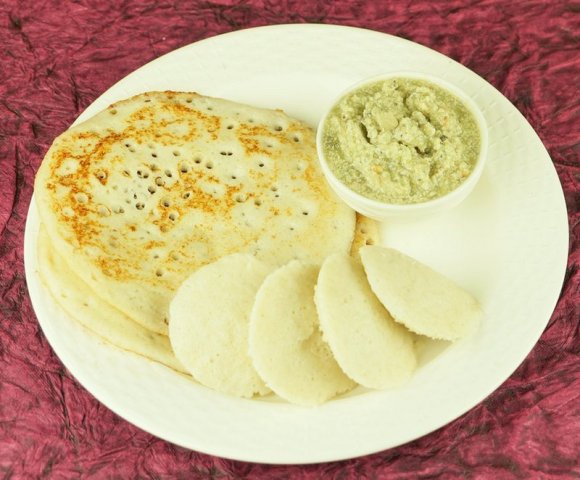
These are popular South Indian dishes, available across the world. Made of rice and lentil flours that are ground and fermented, these dishes supply lots of carbs and protein. Hence they are perfect for breakfast. These foods are rich in antioxidants and fibre. They have live cultures of bacteria, which make them a great choice if you want to have a healthy gut.
Pickles:
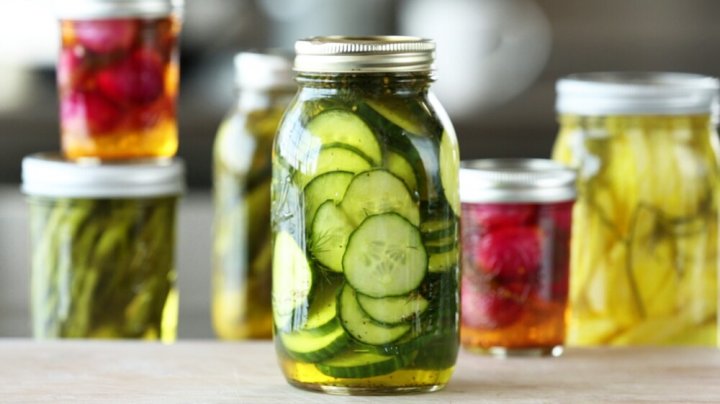
The vegetables, fruit, and oil concoction dried under the sun promotes the growth of good bacteria in the pickles. So, if you feel that the pickles are loaded with oil and salt, and not required for your diet, think twice about the probiotic naturally occurring bacteria. But, you need to try the homemade ones, and not the commercial ones loaded with preservatives.
Kombucha:
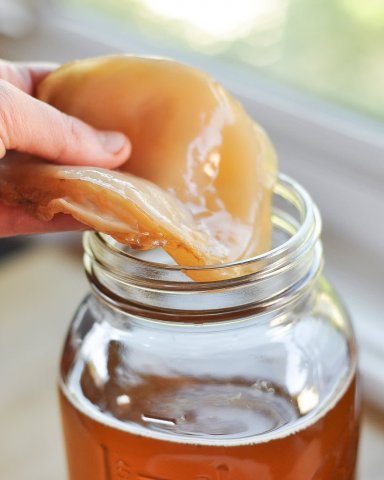
This is a popular fermented tea, which can be purchased online. It is a popular tea in Asia, and many health benefits are supposedly associated with this tea, apart from the probiotics. This is because this tea is fermented with yeast and bacteria.
Miso:
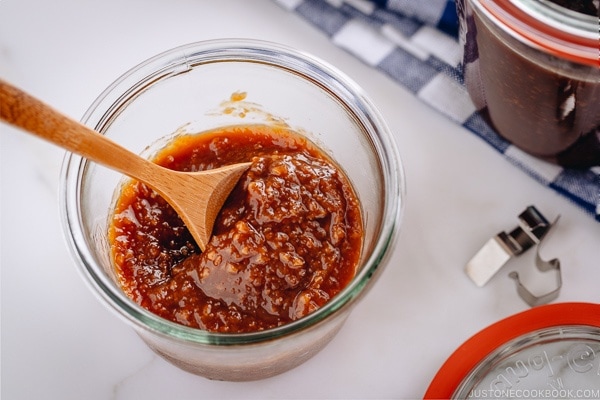
This is a very popular Japanese seasoning, which is often used in Miso soup. You can find this seasoning available online. It is a storehouse of fibre and protein. It is also rich in vitamin K, minerals, copper, and manganese. It possesses many health benefits, and studies prove that regular consumption of this seasoning helps in reducing breast cancer and stroke risks. Miso is done by fermenting soybeans with salt, and either koji, a fungus, or barley, rye, or rice. This implies that the paste is rich in probiotic properties.
Go the Probiotic Way for a Healthy Life!

Certain medical conditions can be kept at bay when you take probiotics regularly. A few of them are constipation, yeast infections, gum diseases, urinary tract infections, eczema, lactose intolerance, inflammatory bowel disease, and sepsis. It is a good idea to include probiotics in the food rather than taking supplements. If you are keen on taking supplements, you need to ensure that you take them based on the doctor’s prescription.
-
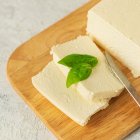 Ever Wondered How to Make Paneer at Home? Here is the Complete Guide to Take Out Soft and Creamy Paneer from Milk at Home (2021)
Ever Wondered How to Make Paneer at Home? Here is the Complete Guide to Take Out Soft and Creamy Paneer from Milk at Home (2021)
-
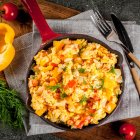 Want More Tantalizing Breakfast Ideas? Here are 6 Scrumptious Egg Recipes for Breakfast That Will Make You Want to Eat Eggs All Day (2020)
Want More Tantalizing Breakfast Ideas? Here are 6 Scrumptious Egg Recipes for Breakfast That Will Make You Want to Eat Eggs All Day (2020)
-
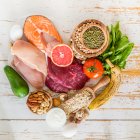 How to Increase Weight: Foods to Include in Your Diet for Your Weight Gain Journey + Tips for Gaining Weight (2020)
How to Increase Weight: Foods to Include in Your Diet for Your Weight Gain Journey + Tips for Gaining Weight (2020)
-
 Say Goodbye to Uncomfortable Gas Problem with these Easy Home Remedies for Gas Relief 2020
Say Goodbye to Uncomfortable Gas Problem with these Easy Home Remedies for Gas Relief 2020
-
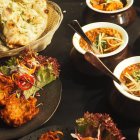 नाश्ता दिन का सबसे महत्वपूर्ण भोजन है: यहां 10 सर्वश्रेस्ठ पौष्टिक और कम समय में तैयार होने वाली भारतीय नास्ता रेसिपी की सूचि दी गयी है जो आपको दिन शुरू करने के लिए पर्याप्त ऊर्जा देंगी,अभी देखें(2020)।
नाश्ता दिन का सबसे महत्वपूर्ण भोजन है: यहां 10 सर्वश्रेस्ठ पौष्टिक और कम समय में तैयार होने वाली भारतीय नास्ता रेसिपी की सूचि दी गयी है जो आपको दिन शुरू करने के लिए पर्याप्त ऊर्जा देंगी,अभी देखें(2020)।
Drink up
Don't forget to drink fluids. You need adequate fluids to help prevent dehydration. Keep in mind that the length and intensity of your activity will determine how often and what you should eat and drink. As you settle into an active lifestyle, you’ll probably discover which foods give you the most energy and which have negative effects. The key is learning to listen to your body and balancing what feels right with what’s good for you.

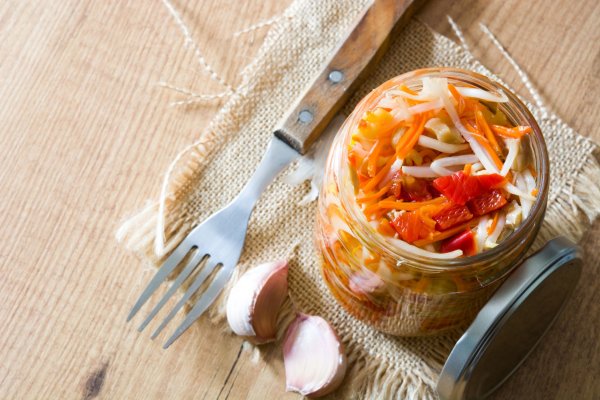
 Highlight the Best Facets of Your Incomparable Beauty: Discover the Best Face Highlighter Currently Available in India and Everything You Need to Know About Using Face Highlighters for Maximum Effect (2023)
Highlight the Best Facets of Your Incomparable Beauty: Discover the Best Face Highlighter Currently Available in India and Everything You Need to Know About Using Face Highlighters for Maximum Effect (2023)
 Forget the Blemishes and Get that Picture Perfect Flawless Radiance on Your Face: Check out the Best Foundations for Oily Skin Currently Available in India and Everything You Need to Know About Makeup Foundations (2023)
Forget the Blemishes and Get that Picture Perfect Flawless Radiance on Your Face: Check out the Best Foundations for Oily Skin Currently Available in India and Everything You Need to Know About Makeup Foundations (2023)
 Make Your Presence Felt Wherever You Go: Discover the Best Perfumes Under 2000 for Both Men and Women to Announce Your Arrival and Make Any Occasion Memorable (2023)
Make Your Presence Felt Wherever You Go: Discover the Best Perfumes Under 2000 for Both Men and Women to Announce Your Arrival and Make Any Occasion Memorable (2023)
 Protect Your Oily Skin from the Harmful Rays of the Sun: Discover the Best Gel Based Sunscreens for Oily Skin and Everything You Need to Know Before Buying One (2023)
Protect Your Oily Skin from the Harmful Rays of the Sun: Discover the Best Gel Based Sunscreens for Oily Skin and Everything You Need to Know Before Buying One (2023)
 Minor Blemishes and Wrinkles Affecting Your Confidence? Check out the Best BB Creams to Conceal Your Worries and Nourish Your Skin to Restore the Healthy, Radiant and Glowing Complexion Back Again (2023)
Minor Blemishes and Wrinkles Affecting Your Confidence? Check out the Best BB Creams to Conceal Your Worries and Nourish Your Skin to Restore the Healthy, Radiant and Glowing Complexion Back Again (2023)
